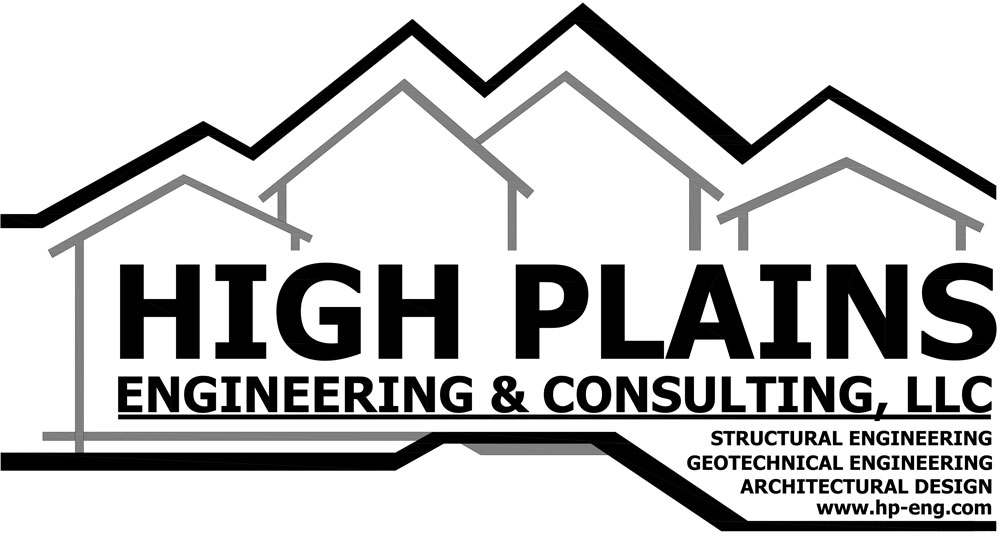
What to Expect: Key Updates in the IECC 2024 Code
The International Energy Conservation Code (IECC) serves as a crucial framework guiding the design and construction of energy-efficient buildings. With each iteration, the IECC undergoes updates that reflect advancements in technology, changes in industry standards, and evolving environmental considerations. The IECC 2024 is no exception, bringing several notable changes that aim to enhance energy efficiency across residential and commercial buildings. This article will delve into the key updates in the IECC 2024 code, highlighting what stakeholders in the construction industry can expect.
Introduction to the IECC 2024 Code
The IECC 2024 code represents a significant step forward in the ongoing effort to reduce energy consumption and mitigate the environmental impact of buildings. This code update incorporates new standards and practices that builders, architects, and developers need to be aware of to ensure compliance and optimize energy performance. Understanding these updates is essential for anyone involved in the construction and renovation of buildings.
Residential Building Changes
Enhanced Insulation Requirements
One of the prominent changes in the IECC 2024 code is the enhancement of insulation requirements for residential buildings. These updates are designed to improve the thermal envelope of homes, reducing heat loss in winter and heat gain in summer. The new code mandates higher R-values for insulation in walls, roofs, and floors, ensuring that homes are better insulated and thus more energy-efficient.
Updated Window Performance Standards
In addition to insulation, the IECC 2024 introduces stricter standards for window performance. Windows are a critical component of a building’s thermal envelope, and the new code requires windows to have lower U-factors and solar heat gain coefficients (SHGC). These changes will reduce the amount of heat transfer through windows, contributing to a more stable indoor temperature and lower energy costs.
Improved Air Sealing Techniques
Air leakage can significantly impact a building’s energy efficiency. The IECC 2024 code emphasizes improved air sealing techniques to minimize unwanted air infiltration. Builders will need to adopt more rigorous methods for sealing gaps and cracks in the building envelope, ensuring a tighter, more energy-efficient home.
Commercial Building Changes
Increased HVAC Efficiency Standards
Commercial buildings often consume large amounts of energy, particularly for heating, ventilation, and air conditioning (HVAC) systems. The IECC 2024 code raises the bar for HVAC efficiency, requiring higher performance standards for these systems. This update will necessitate the use of more efficient HVAC units, which can provide substantial energy savings over time.
Enhanced Lighting Requirements
Lighting is another significant area of focus in the IECC 2024 code. The new standards require higher efficiency for lighting systems, including the use of LED fixtures and advanced lighting controls. These measures aim to reduce the energy consumption associated with lighting in commercial spaces, contributing to overall energy savings.
Building Envelope Requirements
The IECC 2024 also introduces more stringent requirements for the building envelope in commercial buildings. This includes higher standards for insulation, windows, and air sealing, similar to the residential sector. These updates will ensure that commercial buildings are better insulated and more airtight, reducing energy consumption and operational costs.
Controversial Provisions and Industry Reactions
Mandatory Solar Panel Installations
One of the most debated provisions in the IECC 2024 code is the mandatory installation of solar panels on new residential and commercial buildings. This requirement aims to promote renewable energy use and reduce dependency on non-renewable energy sources. However, it has sparked controversy due to the potential increase in construction costs and the varying feasibility of solar installations in different geographic locations.
Electric Vehicle (EV) Charging Infrastructure
The inclusion of provisions for electric vehicle (EV) charging infrastructure is another notable update in the IECC 2024 code. The new code requires that residential and commercial buildings be equipped with the necessary infrastructure to support EV charging. While this is a forward-looking move considering the rise in EV adoption, it has raised concerns about the additional costs and logistical challenges involved in implementation.
Building Electrification
The IECC 2024 code also promotes building electrification, encouraging the use of electric systems over fossil fuel-based systems. This shift aims to reduce carbon emissions and align with broader environmental goals. However, the transition to electrification has been met with resistance from some industry stakeholders who are concerned about the costs and technical challenges associated with replacing existing systems.
Implications for Builders and Developers
Compliance and Adaptation
For builders and developers, the IECC 2024 changes necessitate a thorough understanding of the new requirements to ensure compliance. This may involve additional training and adjustments to current building practices. While the initial transition might pose challenges, the long-term benefits of increased energy efficiency and reduced operational costs are substantial.
Cost Considerations
The updates in the IECC 2024 code will likely lead to increased construction costs, particularly with the incorporation of new technologies and materials. Builders and developers need to account for these costs in their project budgets. However, it is essential to recognize that the upfront investment can result in significant energy savings and lower utility bills in the long run.
Environmental and Market Benefits
Adhering to the IECC 2024 code offers numerous environmental benefits, including reduced energy consumption and lower greenhouse gas emissions. Additionally, buildings constructed to these new standards are likely to attract environmentally conscious consumers and investors, potentially increasing market value and demand.
Conclusion
The IECC 2024 code introduces several key updates aimed at enhancing the energy efficiency of both residential and commercial buildings. From improved insulation and window performance to mandatory solar panels and EV charging infrastructure, these changes reflect the evolving landscape of building standards and environmental considerations. While the transition to these new requirements may present challenges, the long-term benefits of reduced energy consumption, lower operational costs, and a positive environmental impact make it a worthwhile endeavor. Builders, developers, and other industry stakeholders must stay informed and adapt to these changes to ensure compliance and capitalize on the opportunities they present.
Need Engineers and Designers in Hudson, CO?
Since 2006, High Plains Engineering & Consulting, LLC has been a civil and structural engineering company in Fort Lupton and the surrounding areas. We provide sensible solutions to geotechnical, structural, environmental, and civil engineering challenges. Our office provides practical expertise backed by diverse design resources to get the job done cost-effectively and efficiently with sustainability in mind. We offer various services for commercial, residential, and agricultural properties like soil testing, percolation testing, and foundation and septic design for new construction. Once that is taken care of we also offer services for floor framing, garage plans, house plans, site plans, and inspection services. Call us today for an appointment!
Categorised in: IECC

 HPEC is an active member of CAGE
HPEC is an active member of CAGE